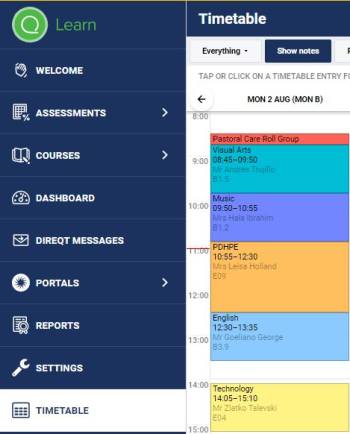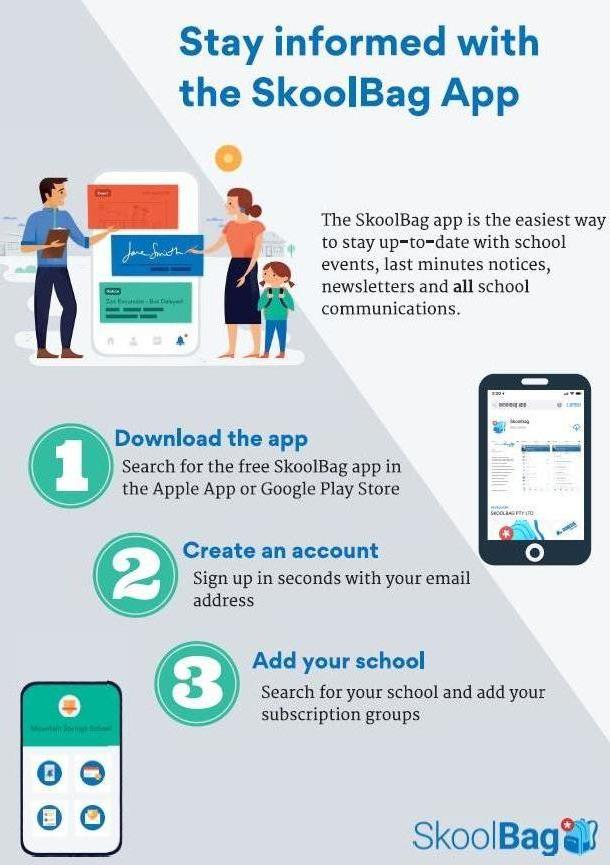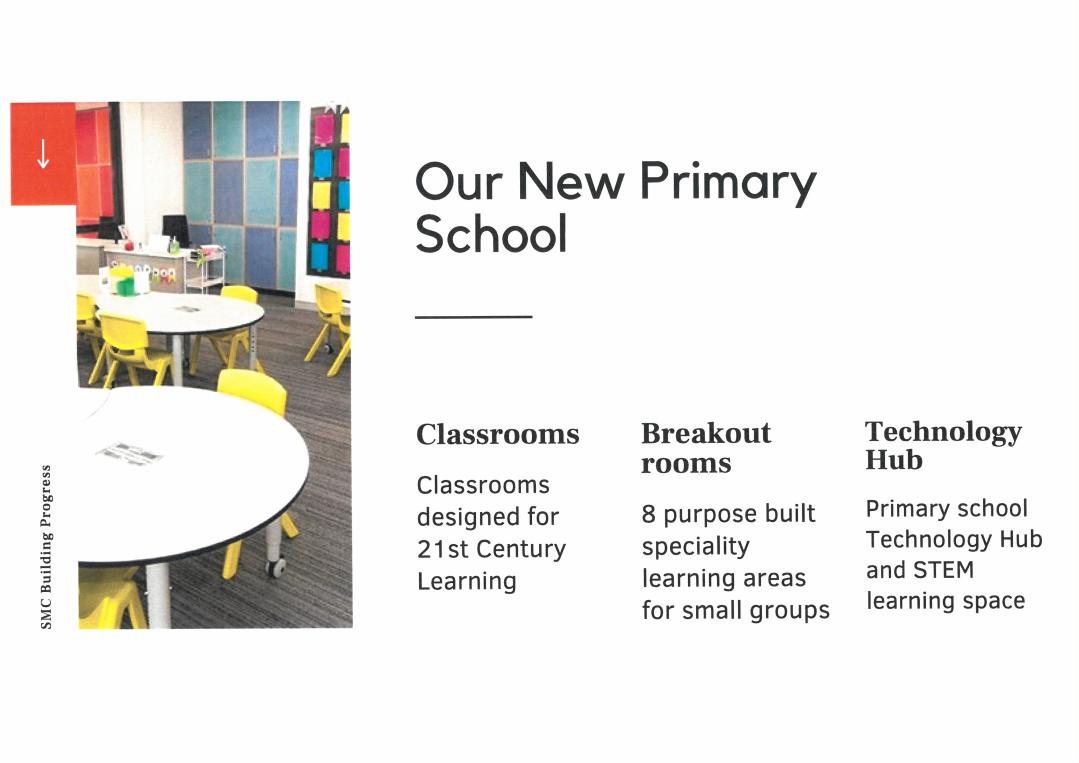Dear K - 12 Parents & Guardians,
Distance learning presents incredible challenges and opportunities for teachers, parents and students. This year’s changing circumstances call for great flexibility and resilience as learning moves from school to home and back again.
While no one is sure yet how long distance-only learning will continue, we know that it won’t last forever. Children and young people take cues from adult behaviour and attitudes, so it is important to communicate calm, confidence and optimism that we will pull through the crisis together. Managing our own emotions will help our children stay focused on learning and looking forward to the future.
Everyone’s circumstances are different. More focused and independent learning from home is easier for some students and families than others. Even very digitally-savvy young people may struggle with educational technology. While some aspects of the curriculum may not transfer easily to online environments, students often learn new skills and develop important personal and academic competencies in distance learning environments.
All St Mark’s College teachers have been working hard to develop comprehensive distance learning plans and are mastering new and complex demands for supporting students in the home environment. These tips synthesize what schools around the world have been learning during the coronavirus pandemic.
5 DISTANCE LEARNING TIPS FOR PARENTS
The guidance below can help us all make the best of new and sometimes unfamiliar distance learning environments and can help you manage some of the more practical aspects of learning from home.
1. Establish routines and expectations
Create a flexible routine and talk about how it’s working over time. Chunk days into predictable segments. Help students get up, get dressed and ready to learn at a reasonable time. Everybody make your bed! Keep normal bedtime routines, including normal rules for digital devices. Adjust schedules to meet everyone’s needs but don’t default to staying up late and sleeping in.
2. Choose a good place to learn
Your family’s regular learning space for occasional homework might not work for extended periods. Set up a physical location that’s dedicated to school-focused activities. Make sure it is quiet, free from distractions and has a good internet connection. Make sure an adult monitors online learning. Keep doors open, and practice good digital safety.
3. Stay in touch
Teachers will mainly be communicating regularly through our online platforms and virtual learning environments. Make sure everyone knows how to find the help they need to be successful. Stay in contact with classroom teachers and school leaders. The College counsellor Mrs Yousef is also available.
4. Help students ‘own’ their learning
No one expects parents to be full-time teachers or to be educational and content matter experts. Provide support and encouragement, and expect your children to do their part. Struggling is allowed and encouraged! Don’t help too much. Becoming independent takes lots of practice. At SMC, your child usually engages with others students and any number of adults hundreds of times each day. Many of these social interactions will continue from a distance, but they will be different. You cannot replace them all, and that’s OK.
5. Begin and end the day by checking-in
| In the morning, you might ask: • What classes/subjects do you have today? • Do you have any assessments? • How will you spend your time? • What resources do you need? • What can I do to help? | At the end of the day you might ask: • How far did you get in your learning tasks today? • What did you discover? What was hard? • What could we do to make tomorrow better?
|
These brief grounding conversations matter. Checking in with your child helps to process instructions they received from their teachers, and it helps them organize themselves and set priorities – older students too. Not all students thrive in distance learning; some struggle with too much independence or lack of structure. Collaborating and mapping out the day together can help you understand what your child is doing as well as helping them to understand what you need to do.














